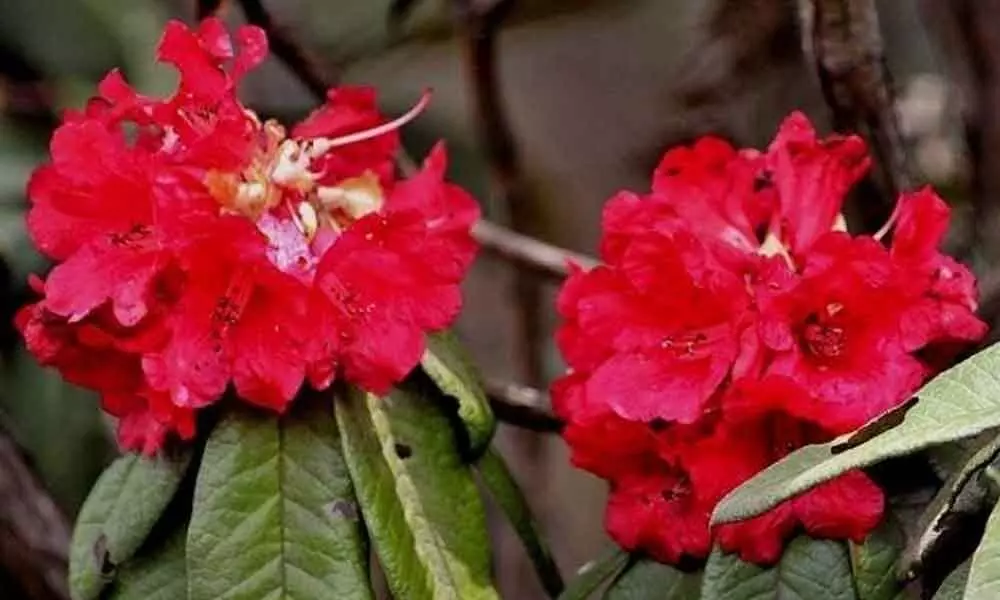Live
- Elnaaz Norouzi opens up on playing dual roles in 'Ranneeti: Balakot and Beyond'
- Father of youth who died during weight loss surgery urges TN Health Minister to speed up probe
- RSP leader writes to Calcutta HC Chief Justice seeking action against Abhishek Banerjee for 'anti-judiciary' remarks
- BJP, Akali Dal, Congress leaders join AAP in Punjab
- BJP fields 26/11 counsel Ujjwal Nikam from Mumbai North Central; drops Poonam Mahajan
- All to play for in Bhopal as Olympic Selection Trials 1&2 conclude
- S. Korea medical crisis: New head of doctors' association vows war
- IPL 2024: Sensational knocks by Fraser-McGurk, Stubbs carry Delhi Capitals to 257/4 vs MI
- Heat wave sweeps across Odisha
- ED's claims on evidence destruction ‘baseless’, arrest ‘politically motivated’: CM Kejriwal in affidavit to SC









